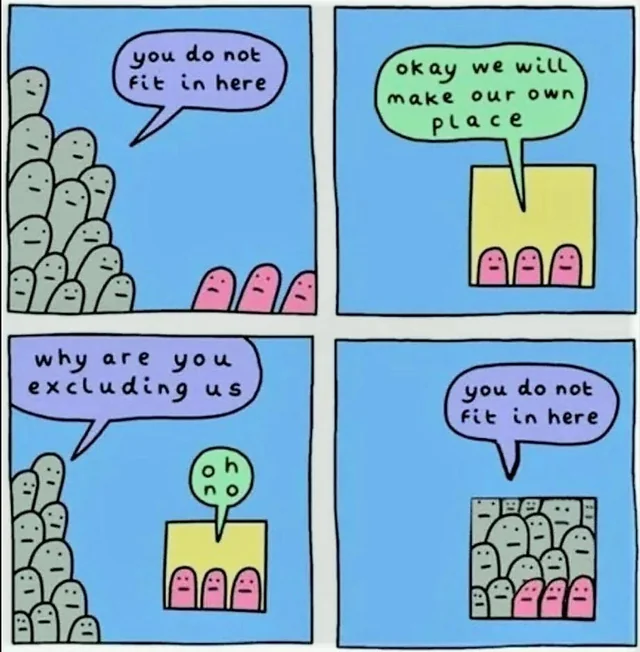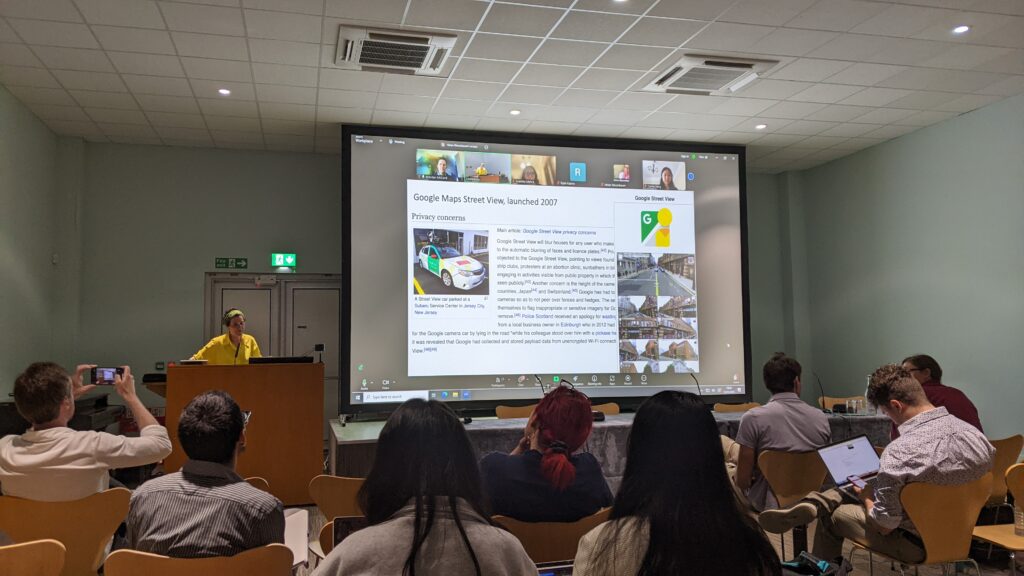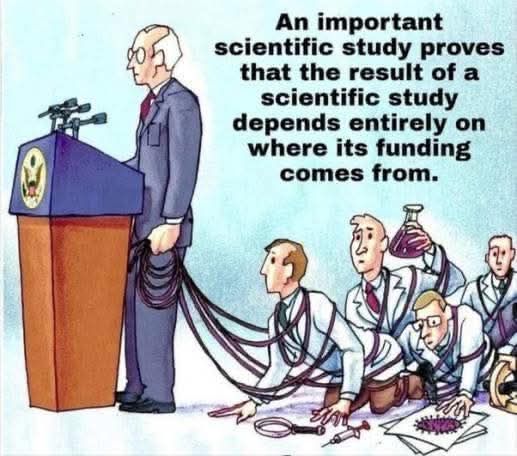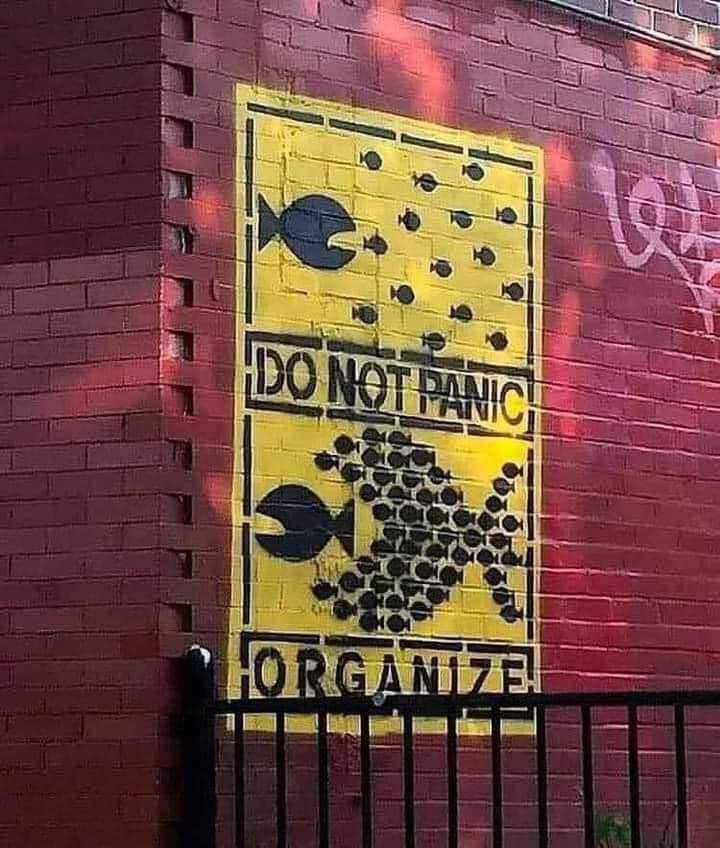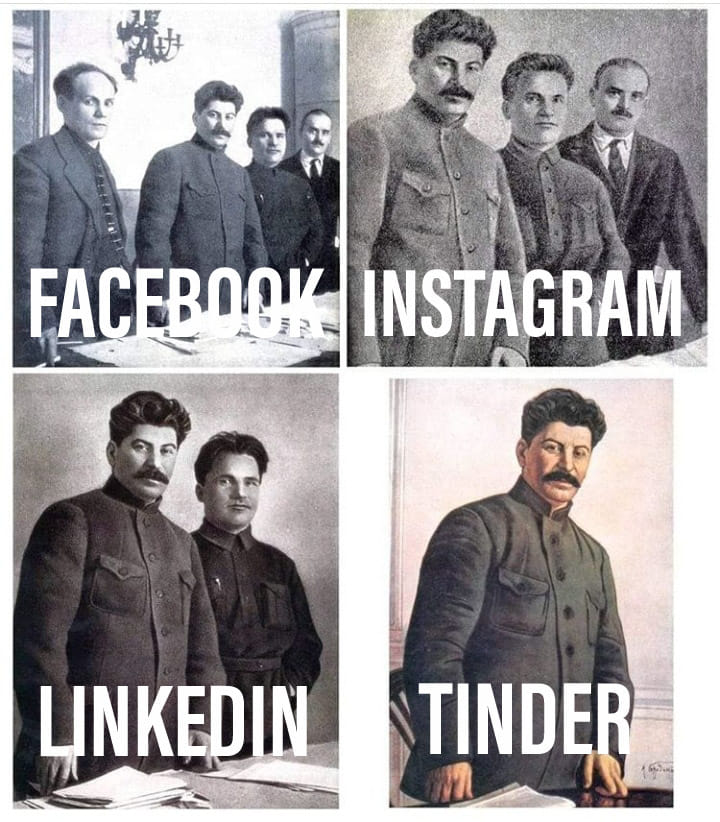Dear Michiel,
At this point, it’s hard not to notice a pattern. You’ve received clear, thoughtful proposals aligned with your calls – yet no real engagement, year after year. I’ve said this gently before: your call-out text needs to be composted. If you’re not funding alternative, open, activist infrastructure – just say that. Don’t lead people on.
Look forward to seeing what did get funded – I’ll be writing something on that soon https://hamishcampbell.com/?s=nlnet
A post on why this kind of institutional #geekproblem push needs compost: https://hamishcampbell.com/we-need-to-compost-the-current-culture-of-lying/
Hamish

Not surprised. This is probably the 10th time we’ve applied to the #NLnet / #NGI fund over the years. Just heard back: our proposals for #OGB (Open Governance Body), #indymediaback, and #MakeingHistory were not selected – again.
“We are very sorry that we cannot offer you support for your good efforts.”Sure, I, appreciate the polite brush-off again. But after so many rejections for solid, urgently needed tech projects that actually fit the funding goals, it’s time to name what’s really going on.
That there’s no #mainstreaming support for grassroots alternative, activist-rooted #openweb infrastructure. These projects aren’t pointless and inoffensive enough, not wrapped in shiny #NGO-speak, and don’t fit the comfy (in)circles of #geekproblem “innovative” funding. But they are native, they are needed, and they work – if you actually want a humane, federated, public-interest net that the funding outreach text says you do.
Time and again, we’re told these projects are “not selected” – Meanwhile, funding continues to flow toward a few good minority projects, a few #mainstreaming #fashernista alt tech projects, but the most goes to, minority interest, academic paths or closed bureaucratic #geekproblem circles, recycling the same stale stack of status quo ideas in slick/pointless packaging.
On balance, this is VERY much not building the #openweb – it’s way too often pushing #NGO and geek hobby paths or building another layer of the #closedweb under a friendlier mask. Yes, the is some small good done with this tech funding, it supports the big #dotcons copying Fediverse projects, no bad thing. But on the question of balance, we can see the lies.
We’re not discouraged. We’re composting this – as ever – into the next push. And yes, we’ll keep applying in till they change the text of the invites, so our projects are not the perfect fit they are now. Not because we believe the system works, but because we need to document the process if it works, well more when it doesn’t work, sadly. Composting lies is a part of the #openweb reboot.
If you do want to support native, trust-based, grassroots tech building, outside the NGO bubble, chip in here: https://opencollective.com/open-media-network or help to make this institutional funding work as it says it does.
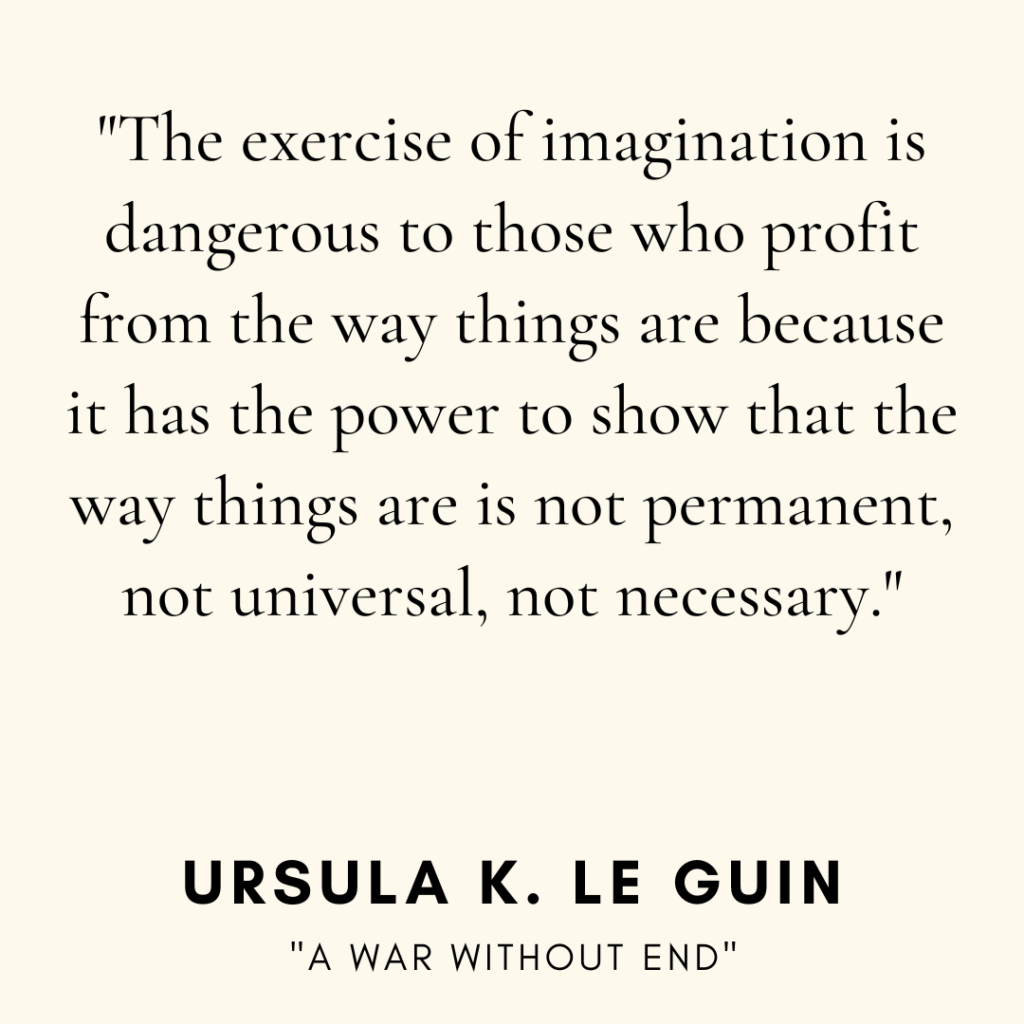
A look at this narrow #NGO and #geekproblem point of view
The essence of the #geekproblem is its narrow, self-referential logic. Here’s a #spiky, pointed, prody view of the narrow track of thinking that defines the #geekproblem in the context of an #openweb reboot:
“There is no Emperor, King, or Priest in the Fediverse’s feudalism.”The illusion is that it’s all flat – no power structures, just pure meritocracy. If you’re already a priest or acolyte, there’s no need to ask. You just do:
- Want a new app? Code it.
- Want a new protocol? Spec and ship it.
- Want a new UX? Design it and deploy.
And if you can’t do it yourself? Then you kneel before the alternative establishment and pray.
Or, as they prefer to say, advocate.
This is both a critique of the (hidden) hierarchies and a mirror held up to the myths of autonomy and openness in the current #Fediverse culture. There’s a real power structure – it just doesn’t wear a crown, but if you look it’s VERY visible, people choose not to look, this is the #techshit mess we make and need to balance with healthy grassroots composting.
What would a #fluffy view of this look like?



